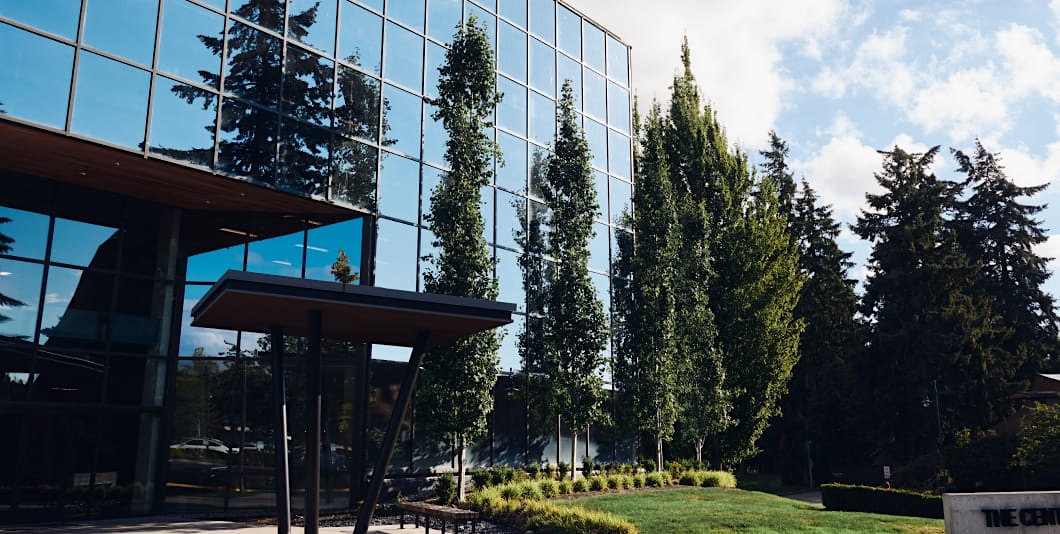
Childhood vaccination is one of the crucial health procedures. Vaccines protect children from several severe and potentially fatal conditions like measles, mumps, polio, tetanus, Diptheria, rubella, whooping cough, and many more. Most of these diseases were prevalent, killing many children in the process, before the vaccines.
Should children be vaccinated?
Yes, children are free to get vaccinated depending on their age. While the child’s natural immune system is good enough to protect against several diseases, some conditions come with serious health risks. For example, polio in children can lead to permanent paralysis, while natural mumps can cause deafness. Haemophilus influenzae type b (Hib) infection can lead to permanent brain damage or death.
Vaccinations protect against these diseases and the possible results when they were to occur.
The significant issue mostly raised in vaccinating children is the possibility of causing autism. However, studies have not established any connection between childhood vaccination and autism in children.
What are the side effects of vaccinating children?
Vaccinated children tend to suffer mild side effects like pain at the point of injection, which might be more painful than from other injections. Achy muscles and joints, fever, headache, and chills are also common side effects. These side effects are short-term and will most likely disappear within 48 hours.
A child might suffer neurological side effects like seizures or severe allergic reactions in rare cases. The risk of death from vaccination is relatively low.
What happens if the vaccination turns out to be dangerous?
Even though rare, dangerous children vaccination side effects can occur. In most cases, it will be costly to reserve the results and can lead to death. You need the proper compensation for the time and money lost and emotional distress in such a case.
The first step to getting proper compensation is filing a petition at a Court of Federal Claims. The Health and Human Services department will then review the petition for its validity for medical compensation then make a recommendation. The court will then rely on the proposal, other reports, and evidence to determine the rightful compensation.
Even though following up on the petition yourself is possible, it takes longer when you are not familiar with the legal processes. Consider hiring a qualified attorney to help you draft the petition and follow up everything for increased chances of compensation. Ensure the attorney you work with is experienced in medical law and has successfully worked on similar cases before. For more information on how to file a claim with the National Vaccine Injury Compensation Program please click the following link: https://www.hrsa.gov/vaccine-compensation/index.html The National Vaccine Injury Compensation program is a no-fault alternative to the traditional legal system for resolving vaccine injury petitions.












